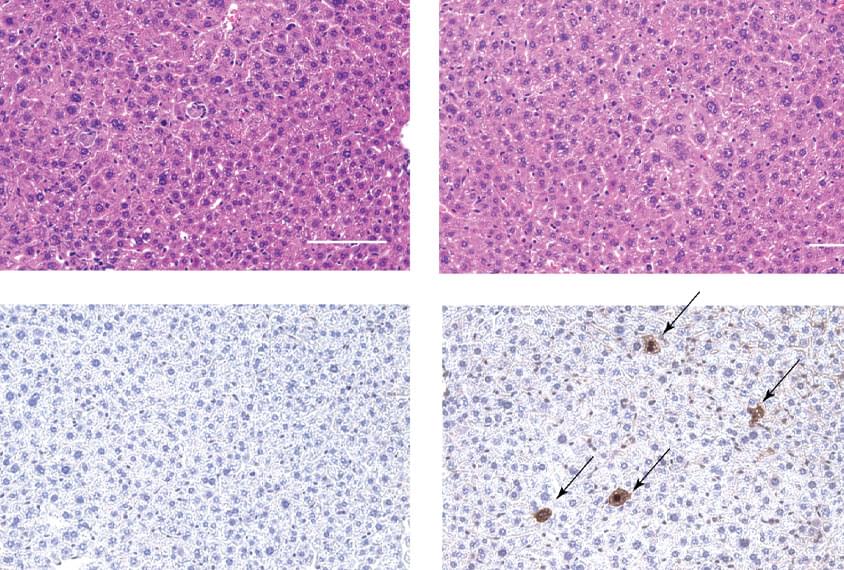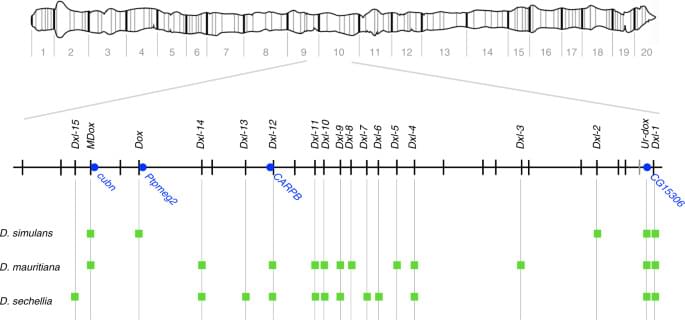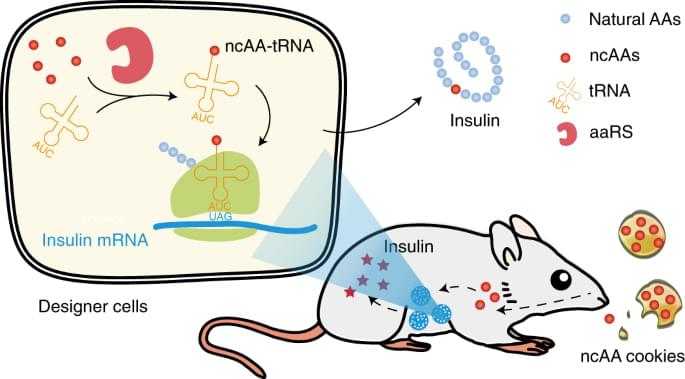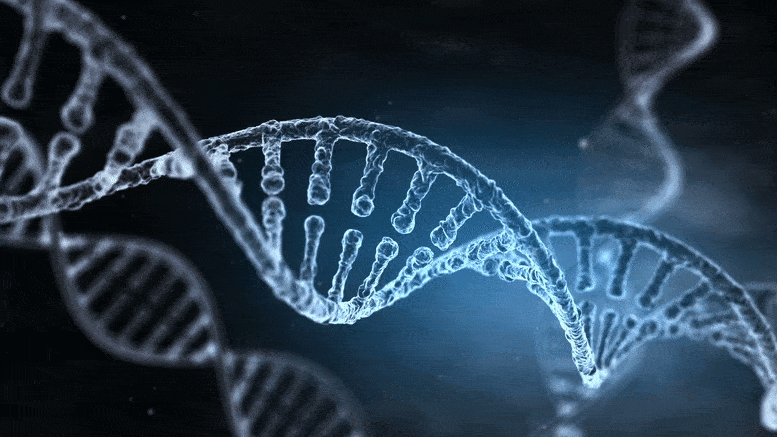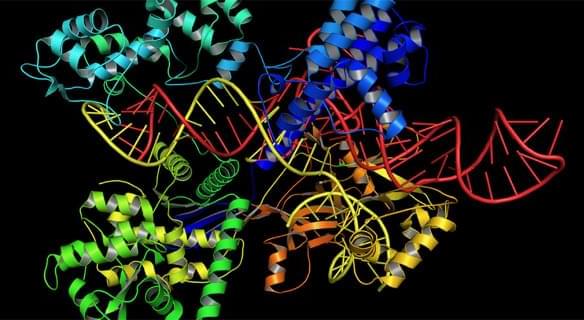Two new methods make it possible to delete long sections of the genome, expanding the capabilities of the gene editor CRISPR. The techniques could lead to therapies that excise large insertions or duplications tied to autism, such as the DNA repeats that underlie fragile X syndrome.
To remove a segment of DNA, CRISPR systems typically use an enzyme called Cas9 to snip double-stranded DNA at two target sites. The cell’s own repair machinery can then join the cut ends, omitting the intervening sequence. But this process is error prone and can insert or delete unintended segments of DNA, called ‘indels,’ or rearrange large sections of the genome. Snipping double-stranded DNA can also cause cell death.
A different CRISPR-based system called ‘prime editing’ can make DNA repair more precise. In one version of the technique, a protein complex called a prime editor cuts only one strand of DNA at one of the two sites and the opposite strand at the other site. The prime editor adds a sequence to one of the cut strands to guide the repair.
